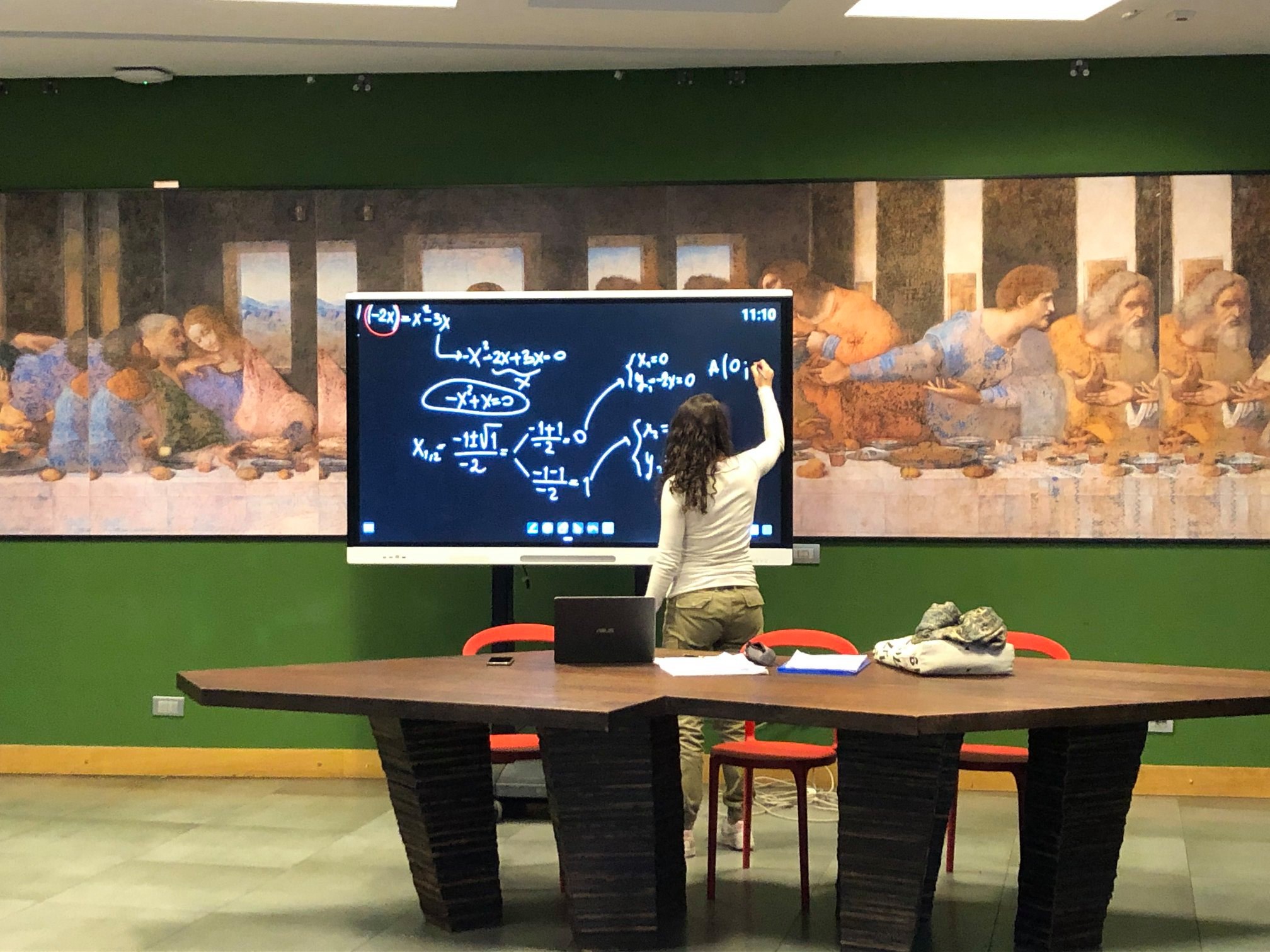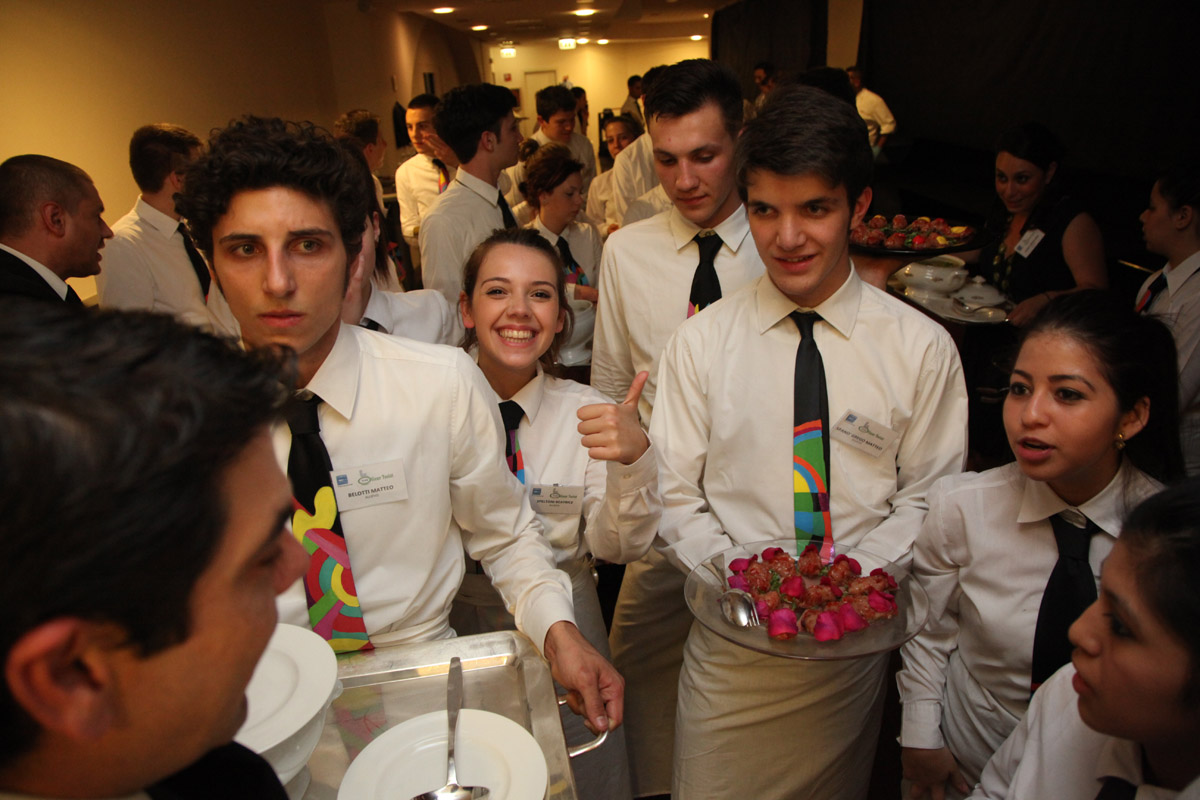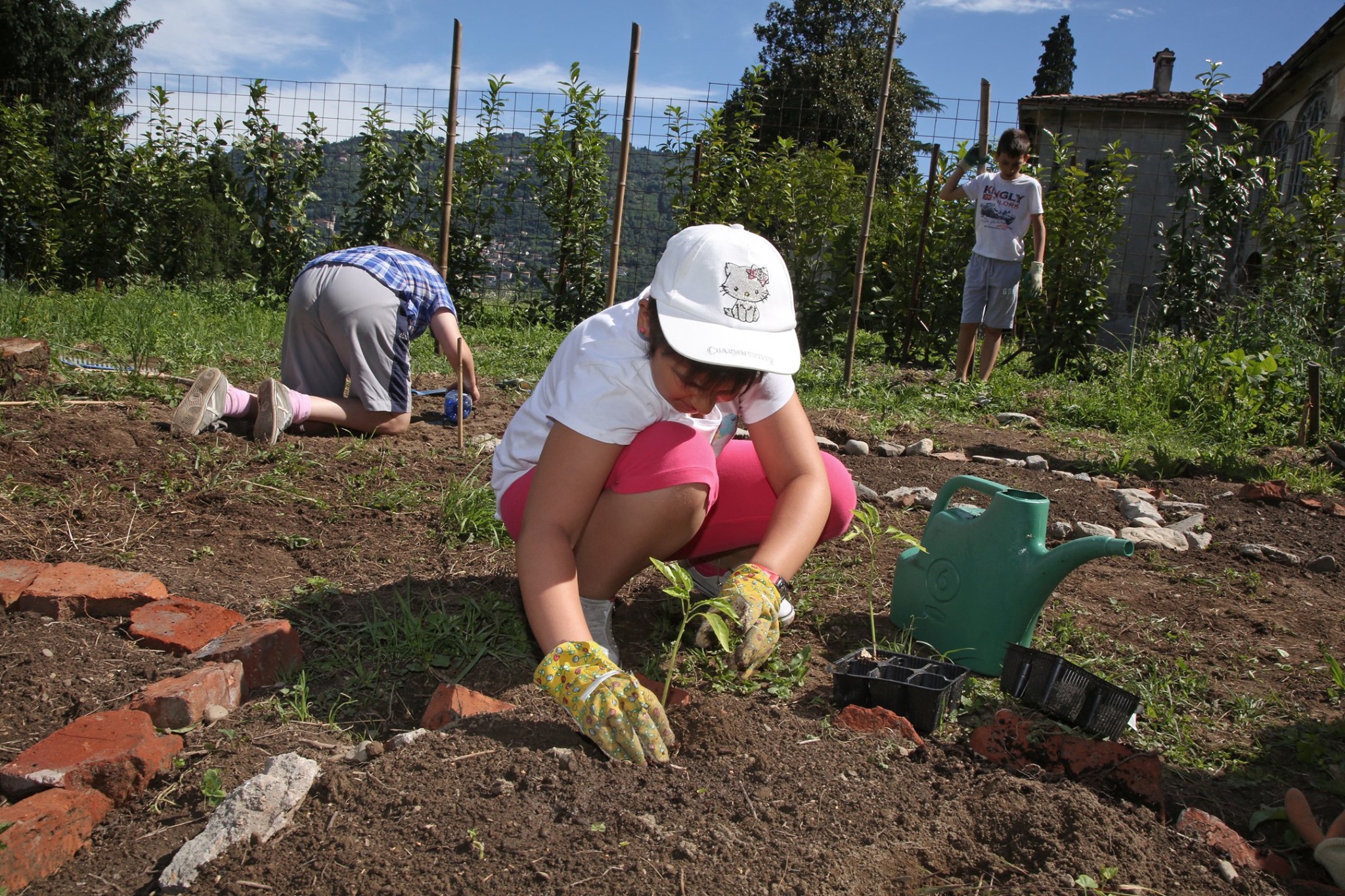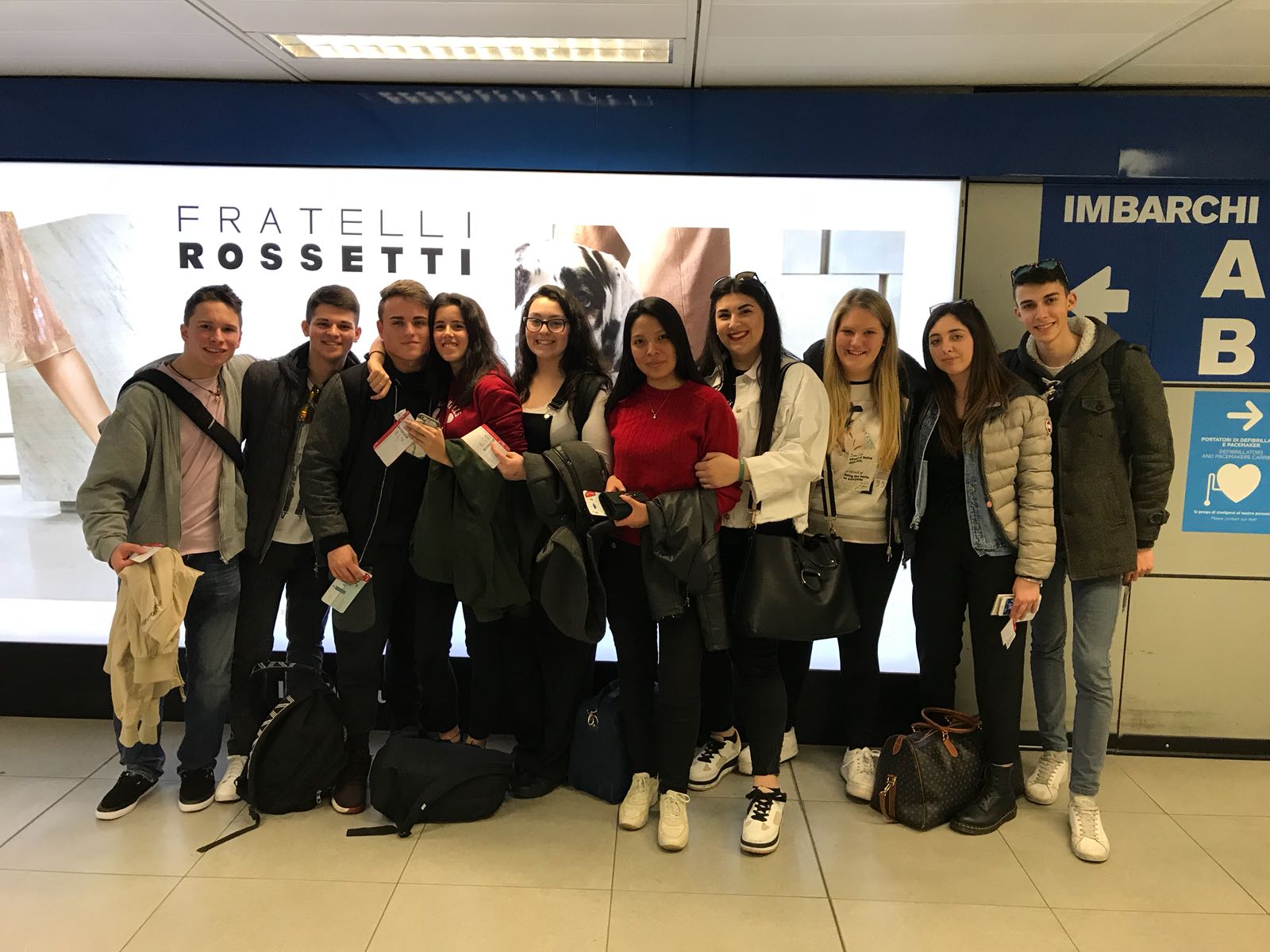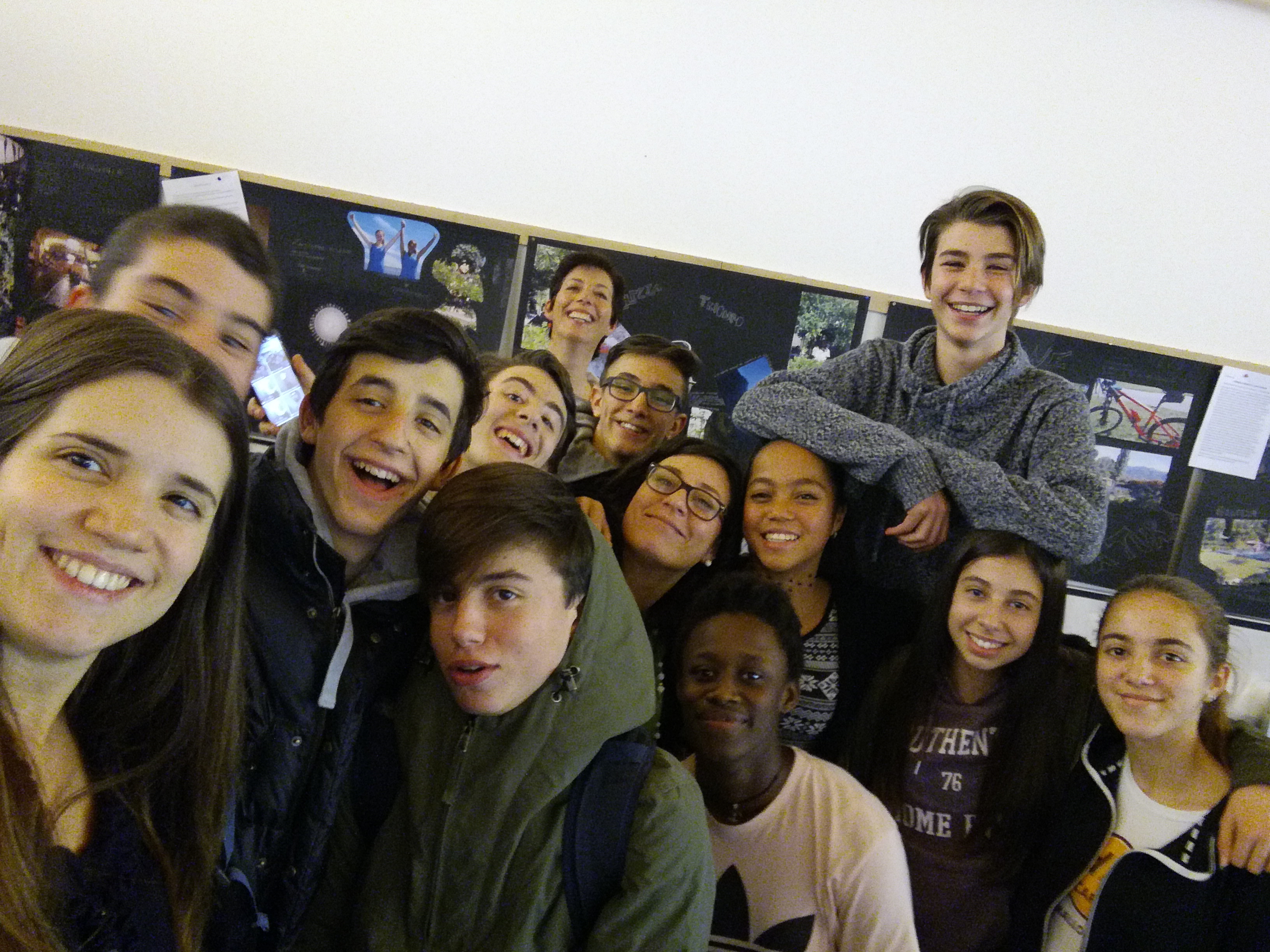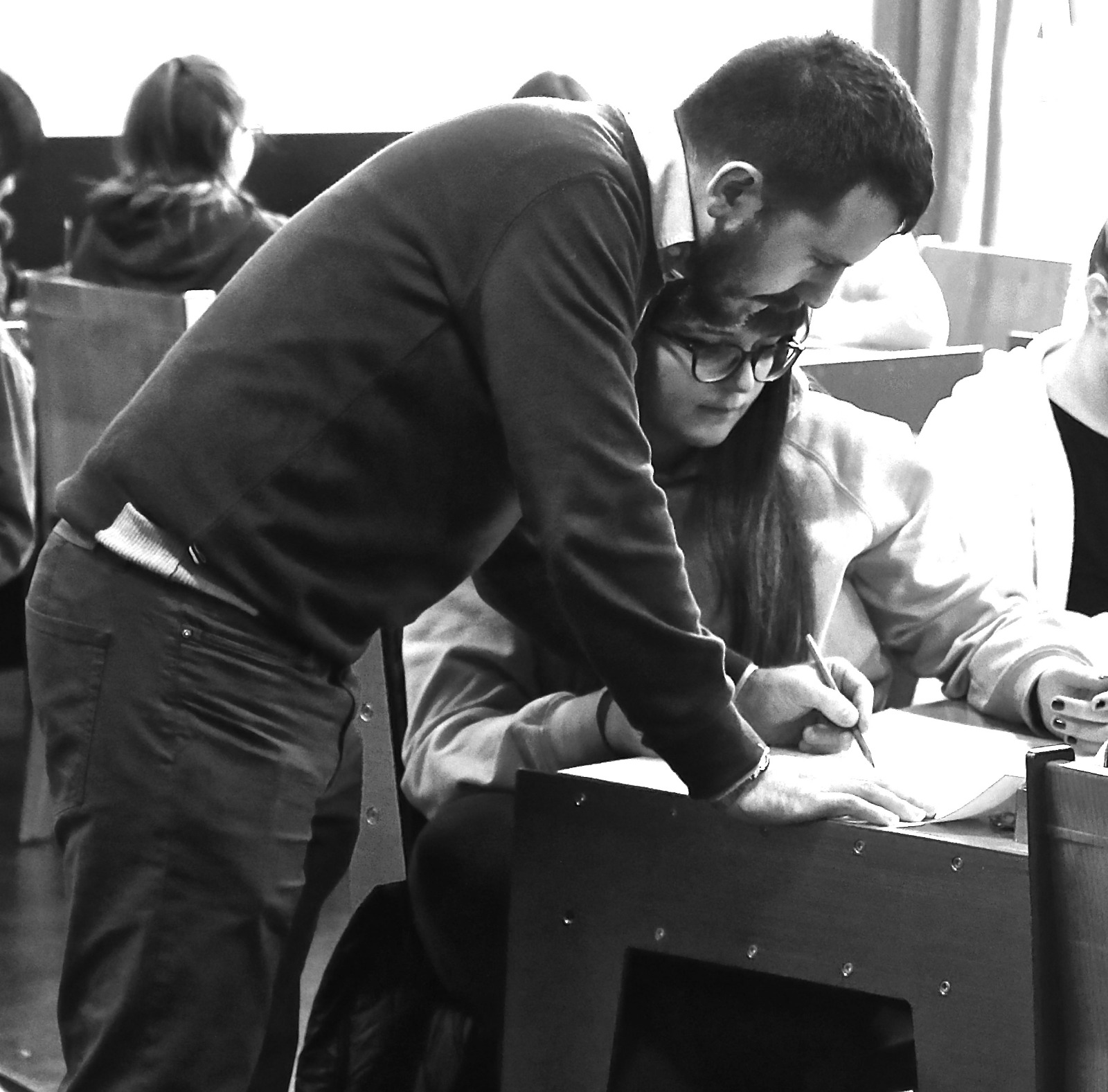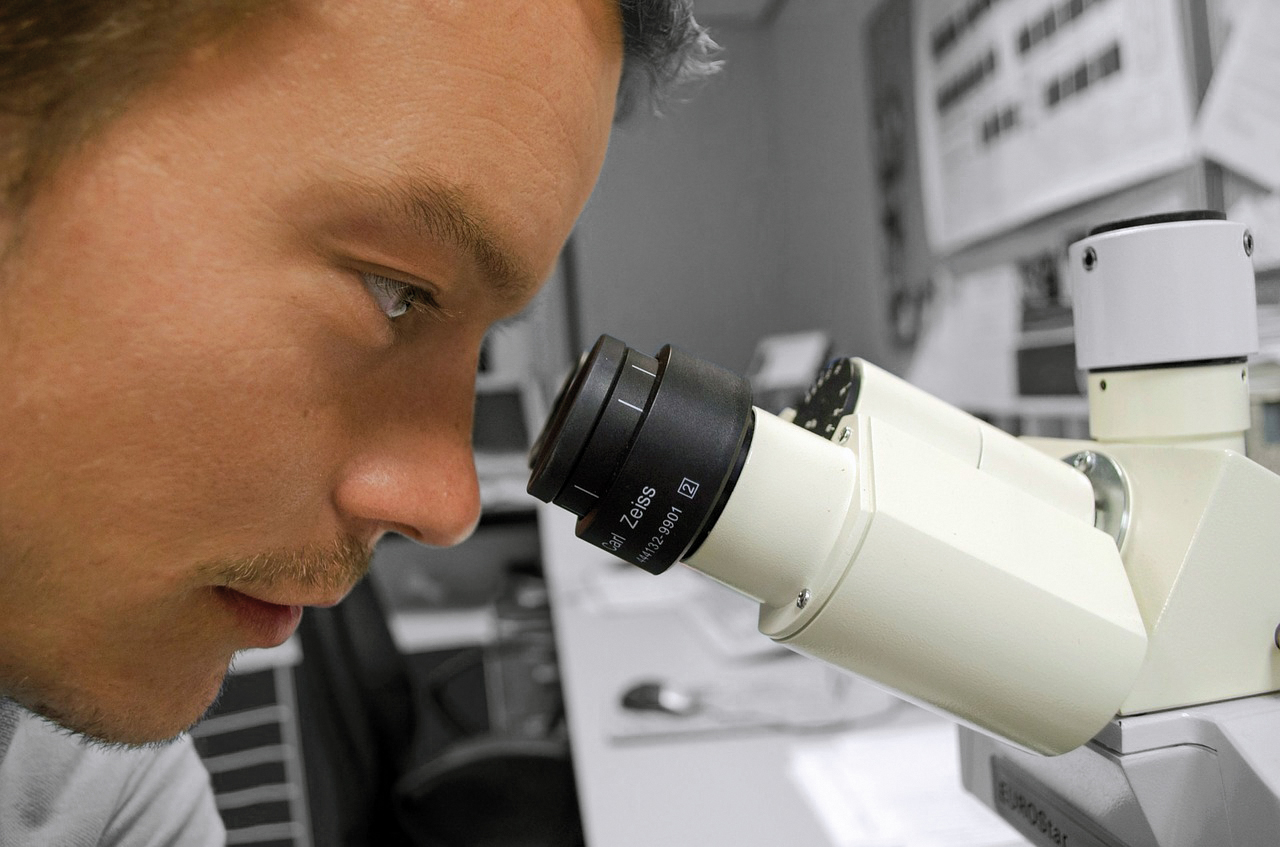Covid-19 crisis represents, with no doubt, a terrible threat to our health, social life and economic welfare. Notwithstanding this, as every problem, it can play an important role in stimulating our systemic and personal resilience. In this article, the experience of Cometa Formazione and IATH Academy has been described in terms of practices and actions to cope with this crisis, trying to still pursuing their model of “Inclusive Excellence”.
(Article published on the EfVET Magazine for Professionals – issue June/2020)
Cometa’s tutor-educator as a tool promoting personalisation
We publish an extract of a research report by prof. Monica E. Mincu (University of Turin) on the personalisation model developed by Cometa and the role played by tutors-educators. The integral version (in Italian) can be asked to paolo.nardi@puntocometa.org
(This research has been kindly funded by Fondazione San Zeno)
Capability Approach in VET as a Strategy to Reduce Dropout. The “Job High-School” Case in Italy
Taking into account the accelerated process of technological innovation and the recent Covid crisis, the non-cognitive skills have been recognized as an essential element in the learning process today. Cometa VET school implements a 2-years VET training program called “Job High-School”, aiming at former dropout students‘ employability, but carefully fostering their social and emotional skills. A capability approach has been developed in order to foster a human integral development. This research, funded by Fondazione SanZeno, presents the main elements of this approach and its theoretical foundations. A statistical analysis, based on data collected through 4 waves of surveys between 2018 and 2020, highlights the impact oft he approach in terms of increase of emotional and productive KPIs on a group of students attending the program during 2018-2020. Emerging results show the relevance of tutors in the VET system as key players in learners‘ personal development.
(This paper is co-authored by Guillermo Arenas, Gabriele Guzzetti, Paolo Nardi. Publication in progress on VETNET proceedings vol. III – september 2020. Aknowledgements to Fondazione SanZeno for supporting this project).
Potenziare i saperi della mente: i 5 ingredienti dell’ottica laboratoriale
Lo scorso 14 luglio, in chiusura del progetto NuovaMENTE, si è tenuto un webinar a cura del team di educatori de Il Manto per approfondire gli elementi essenziali dell’ottica laboratoriale e l’impatto vissuto nel corso del lockdown. In questo articolo a cura di Mercadante, Ferrario, Fucilli e Mangiacotti si presentano i contenuti principali emersi. Per chi volesse rivedere l’evento, è possibile seguirlo sulla canale Youtube di Cometa a questo link.
(si ringrazia il Fondo di Beneficenza di Intesa San Paolo)
Internazionalizzare per l’eccellenza: il caso di Cometa Formazione
I cambiamenti in atto a livello socio-demografico, economico, tecnologico sono davanti a tutti. E la velocità di questi cambiamenti è evidentemente esponenziale, favorita dall’interconnessione globale. Questa sfida, affascinante, non risparmia il mondo dell’educazione e formazione professionale, oggi chiamato a ripensare contenuti (conoscenze e competenze), metodi e luoghi dell’apprendimento non solo per gli studenti, ma anche per gli stessi formatori e lo staff[1]. Il cambio di paradigma vissuto a livello sociale rende ancora più urgente il cambio di paradigma dell’ecosistema educativo e formativo.
(paper pubblicato su Nuova Professionalità, n. 2 – Agosto 2020)
Inclusive Excellence in VET: the experience of Cometa Formazione
“We need to offer excellence to everyone, to all VET learners […] no one should be left behind. In short, education should be both excellent and inclusive” (Thyssen’s message to EfVET Conference 2018).
In the recent EU policy on VET, the paramount vocation “to leave no one behind” is clearly stated, by promoting a “whole-school approach” in education for sustainable development (EU Council Conclusions, 2010). The Bruges Communiqué (2010) mentions VET role in promoting social cohesion and facing societal challenges, underlining its dual objective: excellence and inclusion. Also the Riga Declarations (2015) claim to “quality and attractiveness of accessible and inclusive VET” by “more flexible and permeable systems”. The EU New Skills Agenda (2016) invites VET to work on “personal fulfilment and development, social inclusion, active citizenship and employment”, in line with the strategy of “a resilient, inclusive and sustainable growth at territorial level” (Communication Strengthening Innovation in Europe’s Regions, 2017).
(Article published on the EfVET Magazine for Professionals – issue March/2020).
A DNA-model of Individual Capacity of “Leadership for Learning in VET”
Based on empirical findings in an Erasmus+ KA2 project titled “Leadership for Learning in VET”, the purpose of this paper is to reveal an empirically based DNA-model symbolizing the individual capacity of leadership for learning. Using the term “leadership for learning”, we address the connection between principals’ leadership for learning and teachers’ leadership for learning in VET. We found the DNA-model to be built by two strands of brick-stones: “Professional Skills and Knowledge” in wired with “Personal Attitude and Beliefs”. The findings presented in this paper are the result of a multiple case study conducted in collaboration with “leaders for learning” across domains of leadership for learning, across four VET schools, and across countries in the EU.
Comprehension process and study skills: strategies as the best compensatory tools
Study skills and comprehension process in secondary-level students have been increasingly debated by scholars in the last years, due their crucial role in every learning activity, both for humanistic and scientific subjects, and for students’ performance (Cain & Oakhill, 2006). Learning disabilities urge teachers to pay more attention to didactic practice. Henceforth a stronger focus on how to help students is requested, in particular concerning the acquisition of strategies: the construction of scheme or concept maps, among other aspects, leads to a semantic knowledge and makes the retrieve of information easier. Low achievement is generally associated with poor knowledge and the use of strategies is necessary for the activation of compensatory processes in students with learning disabilities or learning difficulties. To this extent, the research aims at pointing out: the type of relation between study skills and the process of comprehension; the use of strategies and their role during the process of study; the performance of students with learning disabilities, compared with classmates.
(Co-authors: Cristina Ciociola, Beatrice Baragiola and Jennifer Biasolo, for the ECER Conference 2019. Research funded by Fondazione Deloitte. For the full paper, please contact Cometa Research)
Liceo Artigianale: un nuovo modello per una concezione unitaria dell’uomo nel mondo
Il Liceo Artigianale di Cometa Formazione rappresenta una novità e un unicum nel contesto scolastico nazionale: un modello per la creazione di un nuovo paradigma di scuola superiore, improntato sull’alternanza scuola lavoro e su di una didattica per competenze. Viene qui pubblicata una sintesi del lavoro svolto da Letizia Ferri e presentato nel corso della Conferenza ECER 2019 ad Amburgo (Ricerca realizzata con il contributo di Fondazione Deloitte).
